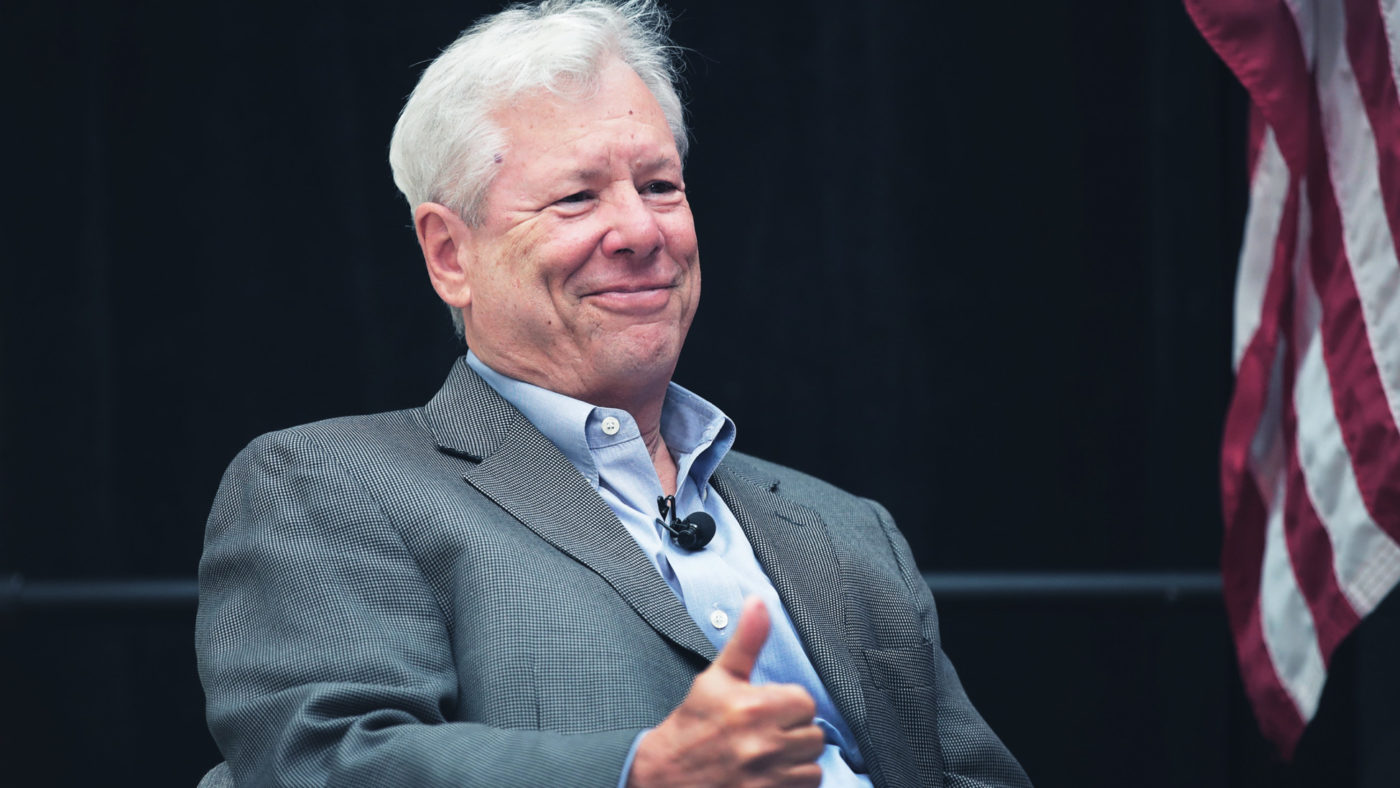The last ten years have witnessed an explosion of government regulation. Never before were the people’s health and financial well-being subject to as much state intervention. This despite the fact that the world is today healthier and richer than ever before in history.
But regulators haven’t always had it so good.
At the end of the 1990s, they found themselves on the defensive. The collapse of the Soviet Union had demonstrated the inferiority of an economy run by bureaucrats. In the West, half a century of experience with the mixed economy had underscored the potential for public managers to be captured by industry, trade unions and political parties.
Globalisation put pressure on rigid labour market rules and closed capital markets. Nor had regulation prevented recession and inflation in the 1970s. To paraphrase Dean Acheson, regulators at the end of the millennium had lost an empire and not yet found a role.
To the rescue came psychologists and the 2008 financial crisis.
Beginning in the 1970s, controlled experiments showed that people often fail to choose rationally. They will make different decisions depending on how the options are framed, demanding more for parting with an object than they would be willing to pay for it. They misestimate relative probabilities – believing, for instance, that a German is more likely to be both an engineer and disciplined, even though the set of German disciplined engineers is necessarily smaller than the set of all German engineers.
Using government policy to help people make more rational decisions, these studies seemed to suggest, might not be such a bad idea.
The financial crash also bolstered the standing of regulators. Never mind that most of the people in charge of overseeing the economy failed to see the crisis coming. In fact, the problem among many bankers wasn’t so much being irrational as being hyper-rational: taking greater risks in the expectation that the gains would be theirs only and the losses shared by all.
The conclusion drawn by most politicians and commentators was that we needed more, not less, regulation. Moreover, a great deal of the new rules should aim to bring about “better” decision-making: in brief, health and the long term should take priority over enjoyment and the short term.
Nowhere have the lessons from behavioural economics been more zealously brought to bear than in finance. Since 2012, the UK has made auto-enrolment in company pension plans the default for employees, forcing those who do not wish to participate to explicitly opt out. The country’s Financial Conduct Authority (FCA) also introduced an interest cap on short-term (payday) loans on behavioural grounds.
Britain hasn’t been alone in her quest to correct behaviour. The US Consumer Financial Protection Bureau, an exceptionally powerful watchdog set up after the crisis, employs behavioural scientists. The Nobel Prize winner and behavioural economics pioneer Richard Thaler was a CFPB advisor between 2012 and 2016.
Yet, despite the enthusiastic take-up, the record of behavioural regulation so far leaves much to be desired.
Auto-enrolment in Britain has led more people to save for retirement. But the growing ranks of pension savers, and their employers, are contributing a far smaller share of their salaries than before the advent of auto-enrolment. This is consistent with evidence from New Zealand and the United States, where participating firms tend to cluster around minimum contribution thresholds. It is a source of concern because these thresholds tend to be set below 10 per cent to encourage participation, whereas financial advisers recommend that 15 per cent of one’s salary be set aside for a comfortable retirement.
The payday interest cap has also defied regulators’ expectations. The FCA foresaw an 11 per cent drop in loan volumes as a result of the cap, but the actual decline was 56 per cent. Since the regulation was calibrated on behavioural grounds, aiming to remove from the market precisely those payday borrowers who benefited least from these loans, it is hard to escape the conclusion that the interest cap has hurt many people who are no longer able to borrow.
There doesn’t seem to be great awareness of the abyss between the regulator’s model and reality. When I put evidence from the payday market to the FCA’s chief economist, the raised eyebrows suggested that not much discussion of the cap’s shortcomings had taken place. She conceded that behavioural models remain imperfect, but that will be little consolation to the 800,000 borrowers no longer using the product.
In the US, regulators’ attention has focused on making disclosure of credit terms easier for borrowers to understand. Much of it involved simplifying documents which had become impenetrable due to previous credit market regulations. Moreover, while understanding may have improved on the demand-side, compliance costs for providers have carried on growing. The impact is making itself felt on borrowers, in the form of costlier products and a less diverse set of credit options.
Behavioural economics came about to explain persistent failures of judgment in economic decision-making. It has earned two of its pioneers a Nobel Prize, the latest as recently as last year.
Yet attempts to translate experimental findings from a handful of people into public policy with implications for millions have yielded mixed results at best. Maybe it’s time for politicians to correct the behaviour of regulators rather than that of the regulated.


